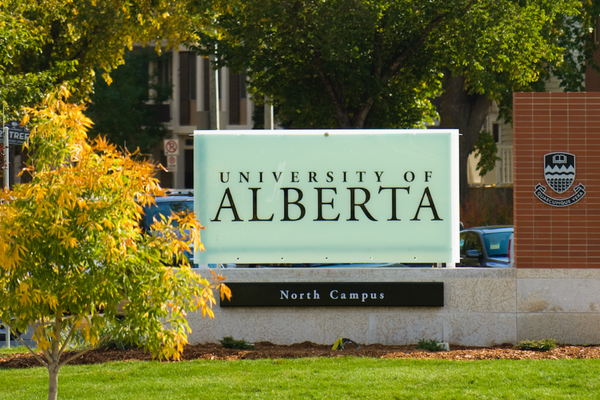Recognizing this year’s Insight Grant recipients
Lauren Bannon - 23 November 2023

The College of Social Sciences and Humanities is thrilled to learn that in 2023, 16 faculty members from across our faculties were awarded a prestigious Insight Grant from Canada’s national research council for social sciences and humanities.
“These successes speak to the breadth and depth of research excellence within the College,” says Joanna Harrington, Associate Dean Research. “They also illustrate the diversity of research and creative activity within the College that attracts financial support from Canada’s Social Sciences and Humanities Research Council (SSHRC).”
Here are two examples of topics that are being researched by our faculty members:
Professor Mijung Kim in the Faculty of Education is excited to delve into students' reasoning and decision-making, particularly concerning socioscientific issues like those related to land and climate challenges. Working with teachers and students in science classrooms, she hopes to develop pedagogical strategies for socioscientific argumentation that enhance evidence-based reasoning and problem-solving skills.
“I was greatly encouraged that my research was recognized as a meaningful topic for educational communities,” she says. “I know the adjudication result is not the main factor determining the value of my research, yet it certainly encouraged me that my work was acknowledged for its potential contributions to developing pedagogical underpinnings of children’s socioscientific reasoning.”
In the Alberta School of Business, Professor Ian Gellatly looks forward to expanding perspectives on equality, diversity and inclusion (EDI) in the workplace.
Gellatly will explore factors that contribute to employees’ feelings of safety and confidence to work effectively within demographically diverse groups, how to foster appreciation and connection between diverse individuals, and how managers can facilitate genuine work relationships, respect and trust among members.
“Given the politics and sensitivities around EDI today, we felt that a proposal which raised questions about the status quo would be discouraged. As you might expect, we were thrilled and encouraged with the feedback from the reviewing committee,” he says.
“Reviewers appreciated our positive and constructive approach. We intend to show that EDI takes more than slogans or committees — it takes a lot of hard work and commitment throughout an organization to truly realize the promises of EDI.”
The college congratulates all faculty members for their success in the Insight Grant competition:
- Anja Arnhold, Faculty of Arts
Linguistic Complexity in the Marking of New Information
- Heather Brown, Faculty of Education
Campus Belonging: Exploring Accessible Education in Canadian Postsecondary Environments
- Okan Bulut, Faculty of Education
Improving Canadian Teachers' Assessment Literacy and Decision-making Through Self-directed Professional Development
- William Carroll, Faculty of Arts
Cinephilia and Film Production in Contemporary Japan
- Dominique Clément, Faculty of Arts
Mobilizing Dissent: Women's Movements in British Columbia
- Dwayne Donald, Faculty of Education
Reimagining Teacher Education with Indigenous Wisdom Traditions
- Brian Fauteux, Faculty of Arts
CanCon and its Digital Discontents: A Public Infrastructure Model for Canadian Music
- Ian Gellatly, Alberta School of Business
Re-thinking EDI: Relational Coordination and the Implications for Management Practices
- Mijung Kim, Faculty of Education
Enhancing Students' Reasoning and Decision-making Skills: Science, Values, and Contradictions in Socioscientific Contexts
- Malcolm Lavoie, Faculty of Law
The Subsidiarity of Private Law
- Takahiko Masuda, Faculty of Arts
Cross-Cultural Research between Mongolia, Japan, and Canada on Perception and Cognition: Comparing Historically Nomadic-Pastoral vs Sedentary Societies
- David Rast III, Faculty of Arts
Threatened Identities and Polarized Groups: How Intergroup Leadership can Heal Divided Societies
- Shannon Stunden Bower, Faculty of Arts
Watering the Modern Prairies: Publicly-funded Irrigation in Saskatchewan and Alberta after 1945
- Irene Sywenky, Faculty of Arts
Public Environmentalism in the Post-socialist Democracies of Poland and Ukraine
- Jared Wesley, Faculty of Arts
Alberta in Transition: Assessing Gaps between Public Opinion and Political Culture
- George Georgiou, Faculty of Education
Tackling two of the most important unresolved tasks in reading intervention